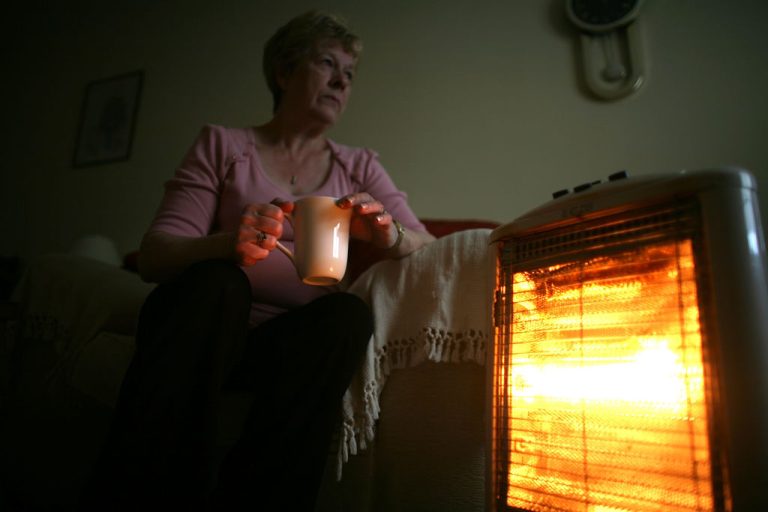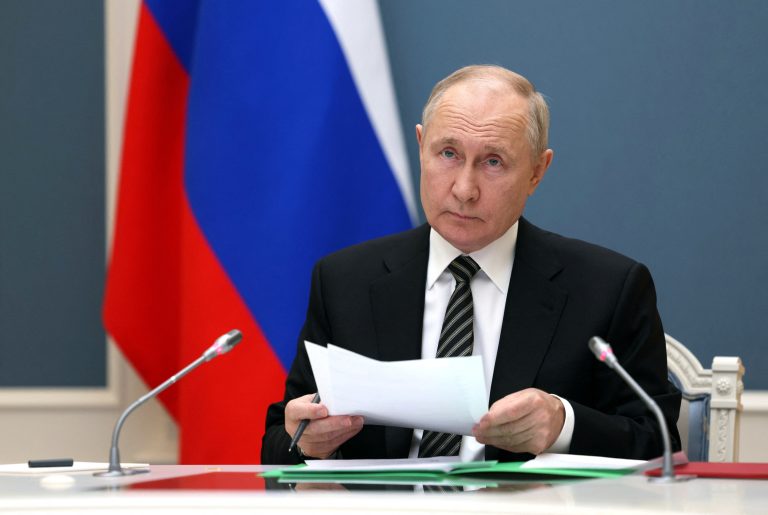A recently organized UK protest movement claims more than 90,000 people have pledged to stop paying their utility bills on Oct. 1 as super-inflated European energy prices are crippling the middle class.
According to website Dontpay.uk, as of time of writing, 90,314 people have pledged to cancel direct debit payments to their local utilities providers on Oct. 1 unless energy prices are brought back to a level affordable by common people.
MORE ON THE ENERGY AND FOOD CRISIS
- Greece Moves Towards Social Credit as Digital ID App Replaces Drivers Licenses
- US Cattle Herd Hits 6-Year Low as Breeding Stock Sent for Slaughter
- 35% of Truckers Say 2022 Will Be ‘Drastically’ Less Profitable Because of Fuel Prices: Survey
“Mass non-payment is not a new idea, it happened in the UK in the late 80s and 90s, when more than 17 million people refused to pay the Poll Tax – helping bring down the government and reversing its harshest measures,” they say.
The group says their goal is “to bring” energy companies “to the table and force them to end this crisis.”
They add, “Even if a fraction of those of us who are paying by direct debit stop our payments, it will be enough to put energy companies in serious trouble, and they know this.”
German example
Success
You are now signed up for our newsletter
Success
Check your email to complete sign up
And they may have a precedent to rely on from Germany, whose largest energy provider, Uniper, recently became insolvent as natural gas supplies from Russia’s Nord Stream 1 pipeline have been cut.
While Russia claims the cuts are due to failed turbines that need to be repaired in Canada, the German government has claimed the drawbacks are political retaliation for sanctions levied by Germany and the globalist International Rules Based Order bloc over the war in Ukraine.
The situation led to Uniper having to import gas from elsewhere at significantly higher prices, while simultaneously being legislatively capped as to what they may charge retail and business consumers.
The calamity hit Uniper so hard that despite this year’s historic natural gas and crude oil bull markets, the company’s stock has fallen from a high of $42 in January to a July low of $5.65.
The crisis resulted in the governments of Germany, in addition to Finland, which is a part owner in the firm, inking the largest corporate bailout in history at €15 billion last month.
Mega million
Don’t Pay’s premise is to garner a million supporters, and have everyone cancel their direct debit payments on the same day on Oct. 1, unless prices come down.
The situation of the UK’s middle class is not bright. In April, Bloomberg reported that the country’s living standards had fallen the farthest they have in eight years.
The data was calculated based on average inflation-adjusted earnings released by the Office of National Statistics.
But at the same time, the report also noted that the number of job vacancies in the country had hit a new record the same month.
So how high are energy bills in the UK? According to website British Gas, the average flat or one bedroom is paying £113.69 per month for utilities, while the average three bedroom house is paying £164.22.
The three bedroom is calculated based on an annual consumption of 2,900 kWh of electricity and 12,000 kWh of natural gas.
For a five bedroom estimated at 17,000 kWh of gas and 4,300 kWh of electricity, the monthly bill rang in at £227.97.
These figures appear to be a parabolic increase, based on data on the UK Government website published by the Department for Business, Energy & Industrial Strategy.
Although the site was last updated July 28, current data only covers 2021 and was released in March, with the next update scheduled for December.
However, the Department’s statistics state that the average cost of electricity for home consuming 3,600 kWh was in the range of £600 to £650 annually, and these figures were already up from the mid-to-low £500 ranges in 2018.
At present the GBP-USD exchange rate is approximately 1.21.
Popularity and problems
Don’t Pay has generated a significant increase in following in only a few short weeks. A June 24 article on the group by The Guardian stated that, at the time, they only had 4,000 followers on social media.
As of time of writing, the group’s Twitter account has more than 92,000 followers.
The article cited “Tom,” one of multiple alleged organizers for the group, as stating, “We’re not actually telling people not to pay, we’re saying ‘this is an idea’, but it can be construed as inciting people to break contracts and they can pursue people personally.”
Tom used an anecdote to illustrate his group’s position, “I’ve spoken to people who are suffering with cancer who say they are training themselves to withstand the cold or to only have one or two meals a day – all their energy should be spent fighting this terrible disease.”
“And parents who aren’t feeding themselves to feed their kids, but also wrapping kids in blankets and a coat while they try to do their homework,” he added.
Tom wished to stay anonymous and told the outlet he works in “energy adjacent policy.”
The organizers may be correct to stay pseudonymous, as the persecution of Canada’s Freedom Convoy trucker protest organizer Tamara Lich has shown.
Although Lich was only charged with a basic mischief charge during Justin Trudeau’s unprecedented deployment of the Emergency Act to quash the protests, she spent weeks in jail before being released on stringent bail conditions that limited her rights to freedom of speech.
After a second arrest for allegedly violating parole conditions after attending a gala where she posed for a picture with a second Convoy organizer she was ordered not to meet with unless in the presence of counsel, Lich spent nearly another month in jail, before finally being released on bail again at the end of July.
The catch is that the gala was both organized and attended by Lich’s attorneys themselves.
A not-so-small catch
The Guardian, however, explained the obvious problem with the Don’t Pay plan: utility companies will simply sever customers’ services for non-payment, a problem that is much harder for a citizen to endure than a mega-cap corporation simply facing a hole in their balance sheet.
Sarah Coles, an analyst at Hargreaves Lansdown, explained, “There are certain rules they have to follow before they can do this, and they can’t do it if it would be unsafe, but as long as they stick to the rules, you can’t stop them.”
“If you refuse to let them in, they can get a warrant, and the cost of the warrant will be added to your outstanding debt,” she added.
















